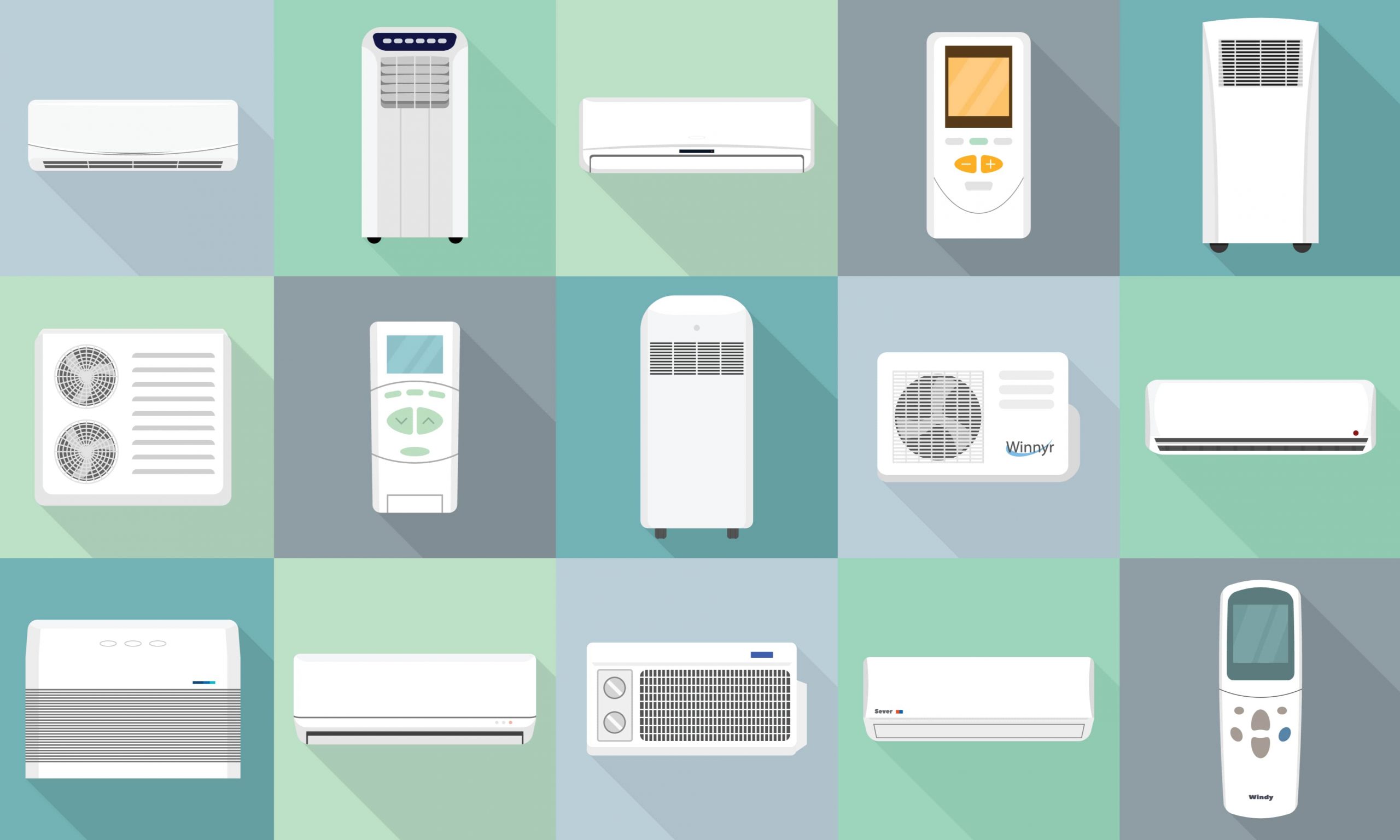http://rhythmsfitness.com/admin.php How to Maintain Absolute Comfort in Your Home or Office Without Breaking The Bank
http://spidercreative.co.uk/good-stuff/get-even-better-feedback-for-your-website/ Discover how to save on energy costs with your AC unit using these simple heating and cooling tips to keep your home or office comfortable all year round.
In Australia, we are lucky to experience all four seasons of the year. Our pristine beaches make for the perfect escape during our long hot summers when temperatures reach well above 30 degrees Celsius.
If the beach isn’t your cup of tea, you always have the option of taking refuge at your local shopping centre, which has been cooled to perfection.
However, being able to maintain comfortable temperatures can sometimes come at a cost. Coming home and cranking up the AC in summer or blasting the ac unit all day at the office can put a lot of stress on your energy bill.
Combined with an inefficient air conditioning unit and your energy costs could climb without you even realising.
To help keep your home or office comfortable all year round, we’ve devised a list of simple and effective tips to reduce your energy costs.
Cost-effective heating and cooling tips to stay comfortable
- Make sure all doors and windows are closed. As simple as it sounds, closing all doors and windows will stop non-air conditioned air from escaping the room, putting less stress on your AC unit as it attempts to maintain optimal temperatures.
- Keep the space you’re cooling or heating to a minimum. Make sure you’re only operating the AC unit in rooms you’re present in. Limit the space by closing doors and sectioning off areas.
- Adjust temperatures based on season. Set the thermostat between 24-26 degrees in summer and 18-20 degrees in winter.
- Use the economy setting. Maintaining moderate temperatures in the right conditions will reduce your energy usage.
- If you have a centralised ac system, use zoning options. This will prevent the AC being used in rooms without occupants.
- Use portable fans. Fans can be used with your air conditioner to help spread the cool air faster and more efficiently throughout your home or office.
- Turn off your AC while you sleep. Keep your AC on during the day and turn it off at night. The night air is naturally much cooler, so open up a few windows to allow for a breeze to flow through.
- Use thermostats and timers. This is one of the most effective methods of reducing your energy bill. Timers allow you to control the time your system is on and when to automatically switch off. Thermostats are excellent for commercial buildings, turning units on and off 30 minutes before and after staff arrive.
- Shut out the sun. To ensure your AC system isn’t working so hard, block out as much sun as possible from entering your home or office. This can include getting window blinds, shutters or curtains. Lookout for venetian blinds, plantation shutters or thick lined curtains which can be adjusted to keep the hot sun’s rays out.
- Ventilate at night and early in the morning. Make sure all windows and doors are closed during the day (generally the hottest time) and open them up at night or in the early morning to let in fresh cool air.
- Turn off all heat-emitting appliances. Most household essentials, including the TV, computer, lights and printers are culprits for creating unnecessary heat.
Is your current air conditioner system energy efficient?
There comes a time where you’re going to have to consider replacing your air conditioning system. With so many systems on the market, how do you know what’s right for your home or office?
Reverse cycle air conditioning is the most popular amongst Aussie homeowners and is one of the cheapest ways to effectively cool and heat your home throughout the year. Reverse cycle systems are capable of heating as well as cooling, compared to refrigerative AC systems which can only supply cooling. This makes it perfect for the Australian climate, where we experience extremes on both ends of the spectrum.
Here’s a list of the types of air conditioner units, the average cost and their most suited applications.
Split-system air conditioners
A reverse-cycle split-system air conditioning unit is the most popular system in Australia and has two separate parts — an indoor unit and an outdoor unit, which is usually mounted to the wall. The system is connected by pipes and uses refrigerant gas to operate. It is the perfect system for homes with open plan living and can comfortably cool up to 60 square metres.
Price range: $600 – $5500.
Multi-split systems
Similar to a split-system, a multi-split system has one outdoor unit and two or more indoor units, making it suitable for effectively cooling & heating two or three rooms that are reasonably close together.
Price range: $600 – $5500.
Ducted system
Ducted air conditioning systems operate using a centralised unit connected by air ducts and vents in each room. They are excellent for cooling and heating the whole house, coupled with zoning, can be very cost-effective.
Price range: $5000 – $10,000+
Inverter air conditioning units
Air conditioning units using inverter technology tends to be more energy-efficient and maintain consistent temperatures without fluctuations. They are more suited to handle extreme temperatures, such as the Australian climate. It works by gently increasing or decreasing the power until the desired temperature is reached and will maintain a comfortable level uninterrupted.
Price range: $1000 – $5000
All Air Services, a provider of quality air conditioning systems in Perth, offers premium solutions for your cooling & heating needs. We stock an extensive range of units, including first-rate split system air conditioners, ducted air conditioning systems and VRV/ VRF Air Conditioners.
If you’re unsure what AC system is best suited to your home or office, contact us for an absolute all-year comfort solution today.




